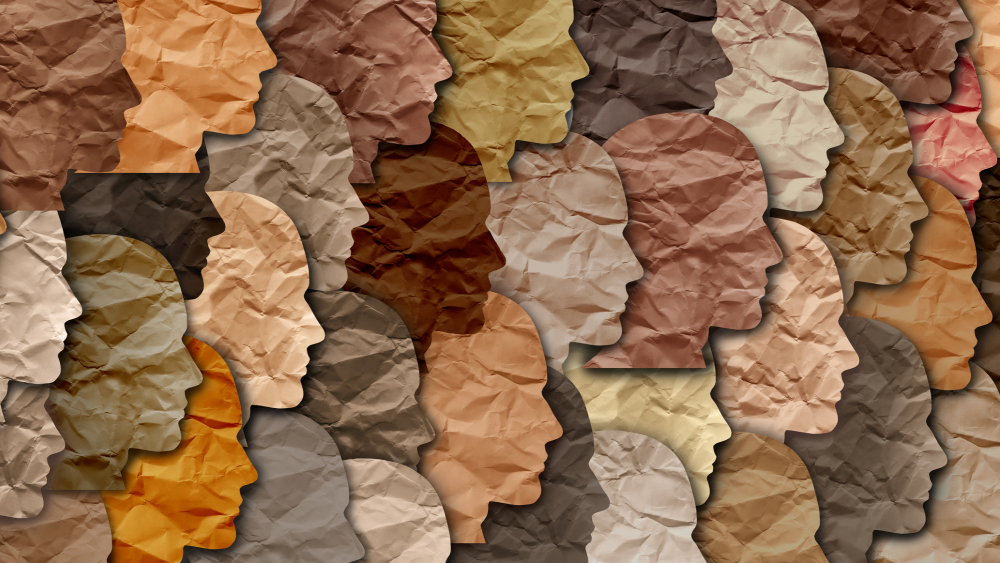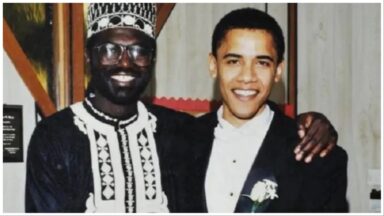
Written by Nina G. Jablonski, Pennsylvania State University and George Chaplin, Pennsylvania State University
OPINION—Race-thinking has been discredited for decades. But it is still with us. Yet race is a historical contingency, not a state of nature. One of the most sinister things about race is that its sibling, racism, not only lasts, but continues to grow. Race has so co-opted our consciousness and language that any attempt to deal with the effects of racism has been very difficult.
The language of race was one of the questions that occupied us, a group of academics, during the course of a multi-year series of discussions that constituted the Effects of Race project at the Stellenbosch Institute for Advanced Study.
The addictiveness of race-thinking thwarts all efforts to unite humanity into a common cause. New endeavours to utilise race for economic, educational, biological, and – most recently – genetic reasons continue despite the fact that people share so many overwhelming commonalities. Any subdivisions erected between people are essentially meaningless.
Parents of Elijah McClain sue Colorado police over his death
Many embrace race as a concept, but it mostly persists because the damage caused by racism persists. The economically powerful see race as a shorthand for class, intelligence, education, ability, as well as biology. The economically disadvantaged see it as the cause of their suffering and as a uniting principle. In both cases, it is a factor used to justify an Us-Them dichotomy.
What can be done about the durability of the concept of race? One thing we can consider is changing the vocabulary.
Language and power
Language space is constantly changing, but the reuse of value-laden words has the power to reinforce past preconceptions and prejudices. Reusing old race words in new contexts doesn’t remove their original meanings, it only adds to them. The language-space of race is so crowded that new terms (neologisms) with no connections to past meanings are hard to derive, but a new vocabulary is what is needed because so many of the old words are derogatory and hurtful.
Neologisms like “people of colour” arose in the 1930s after “coloured people” became restricted to mean African American people in the United States. It was revived again at the end of the twentieth century as an inclusive group of people identified as anyone who wasn’t a person of European descent with light skin – “whites” – and who were subjected to differential treatment by the dominant white culture.
Source: We Need To Unpack The Word ‘Race’ And Find New Language



Recent Comments